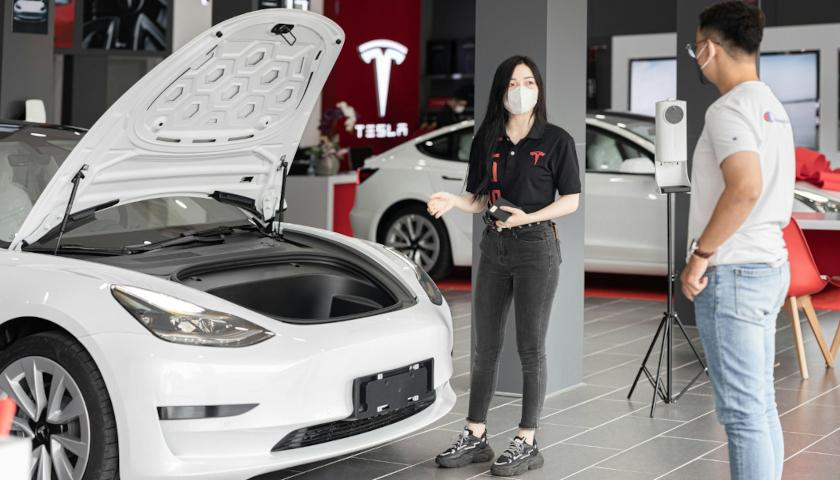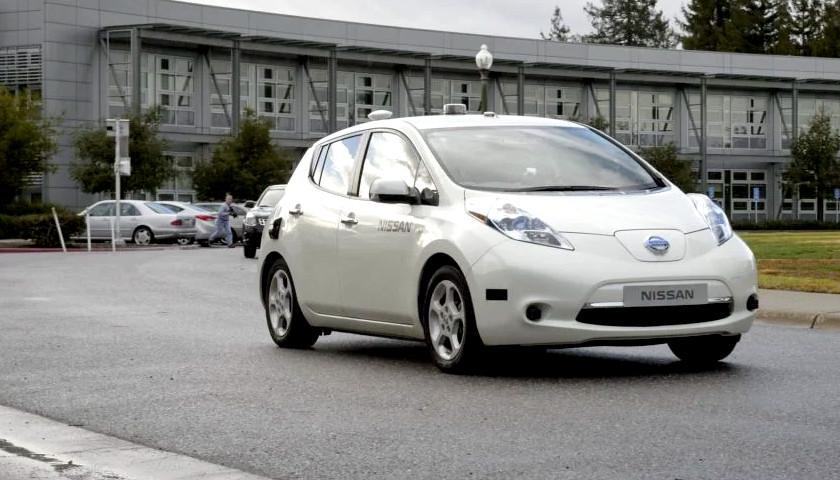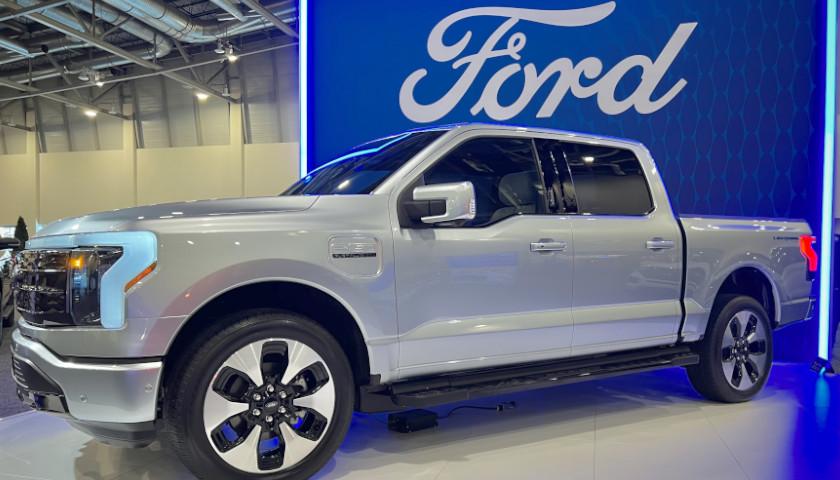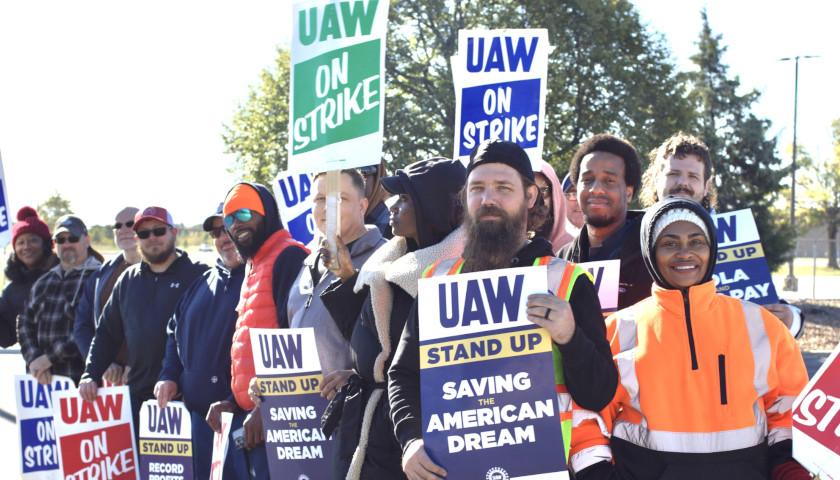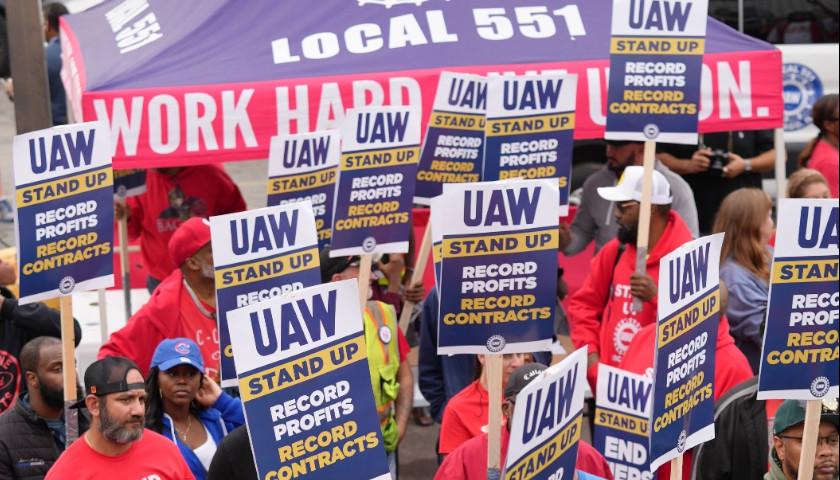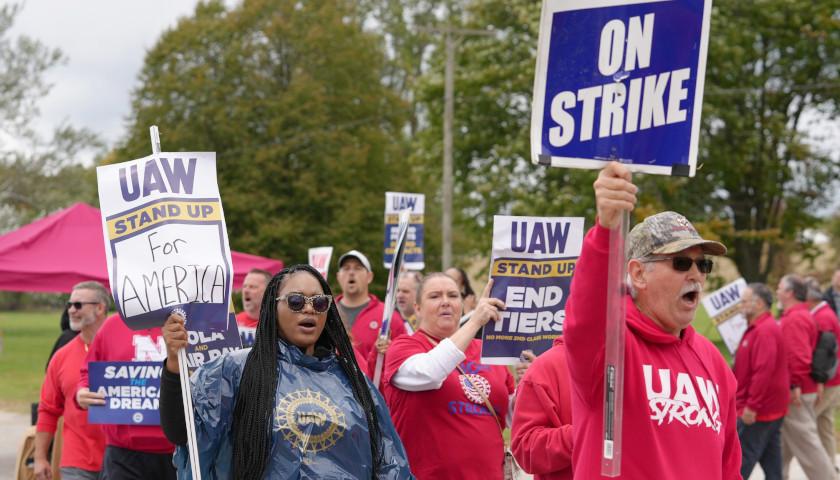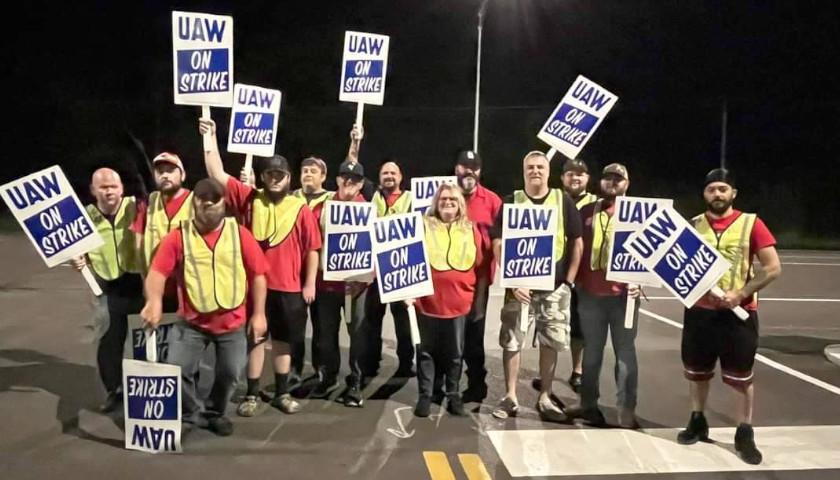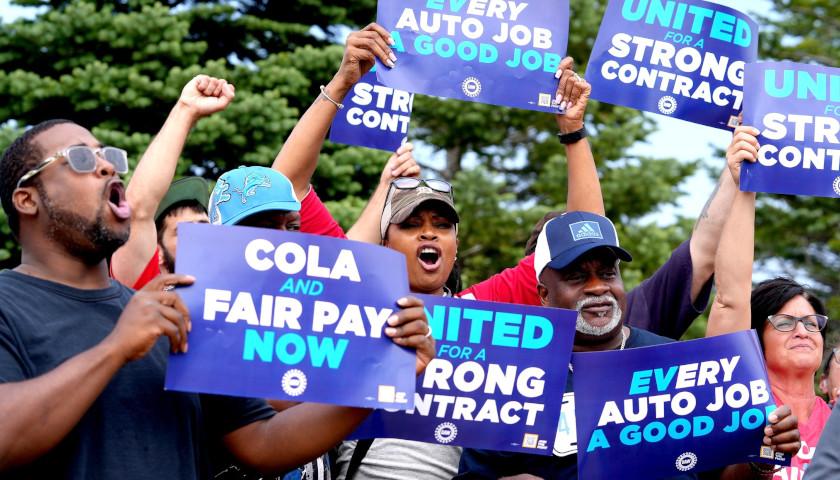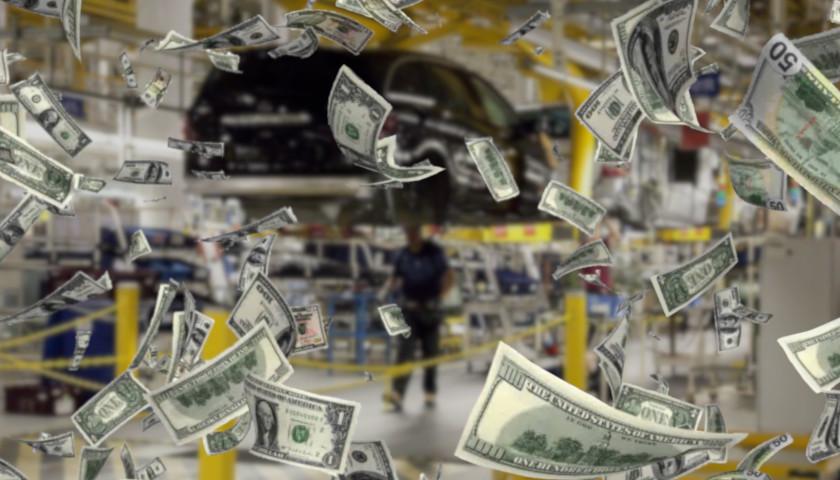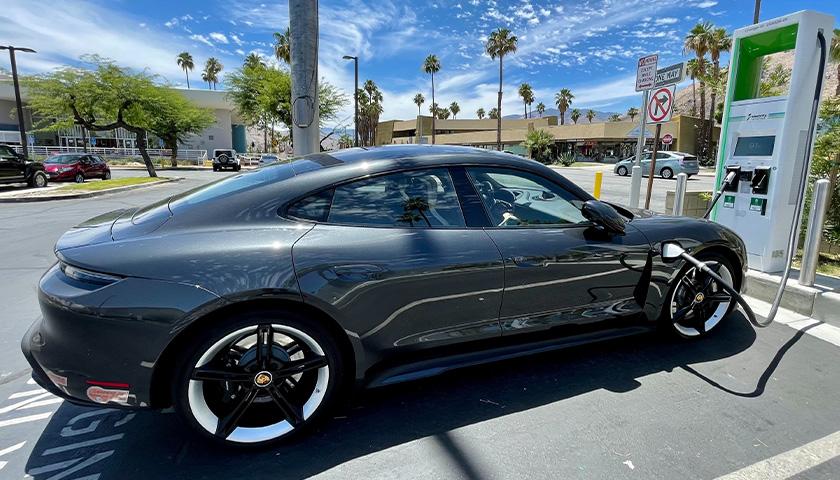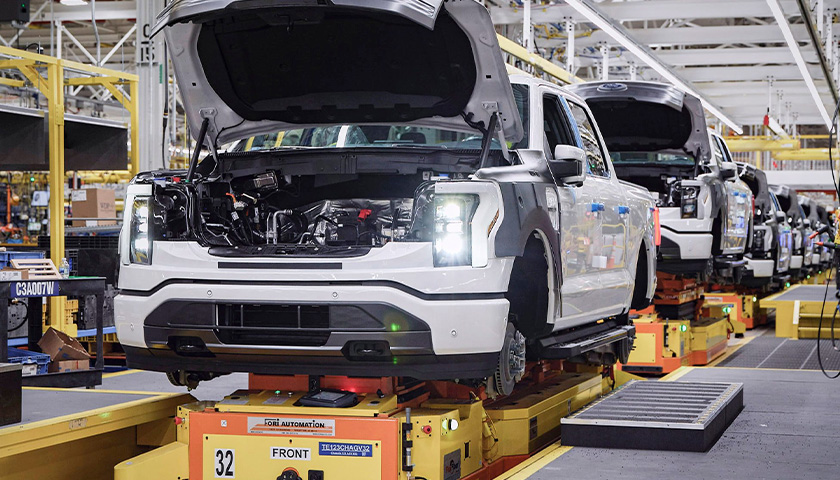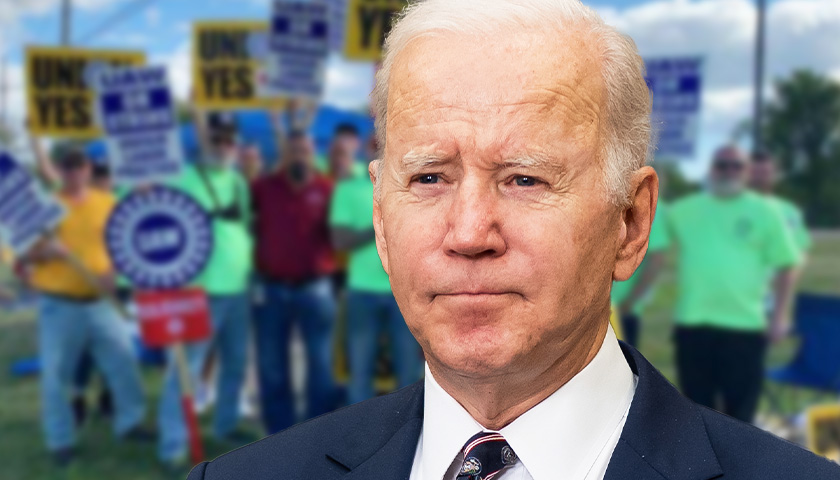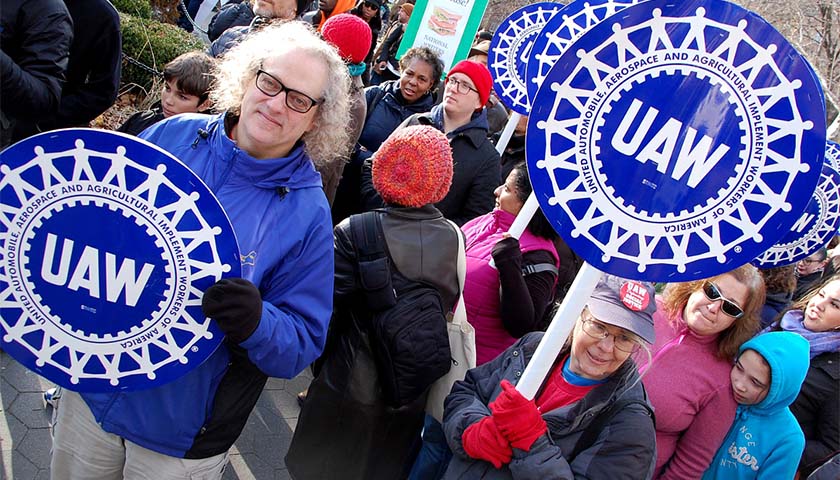Growth in sales for electric vehicles (EV) slowed in the first quarter of the year as consumers remained wary of the product even though growth in sales of new vehicles remained strong, leading to a drop in EV market share, according to The Associated Press.
Sales for new vehicles grew 5 percent in the first three months of the year, but EV sales grew only 2.7 percent as more consumers chose traditional vehicles due to cost and product concerns, according to the AP. The average sales price declined 3.6 percent year-over-year to $44,186 in March as dealers looked to offload built-up inventory.
Read More
